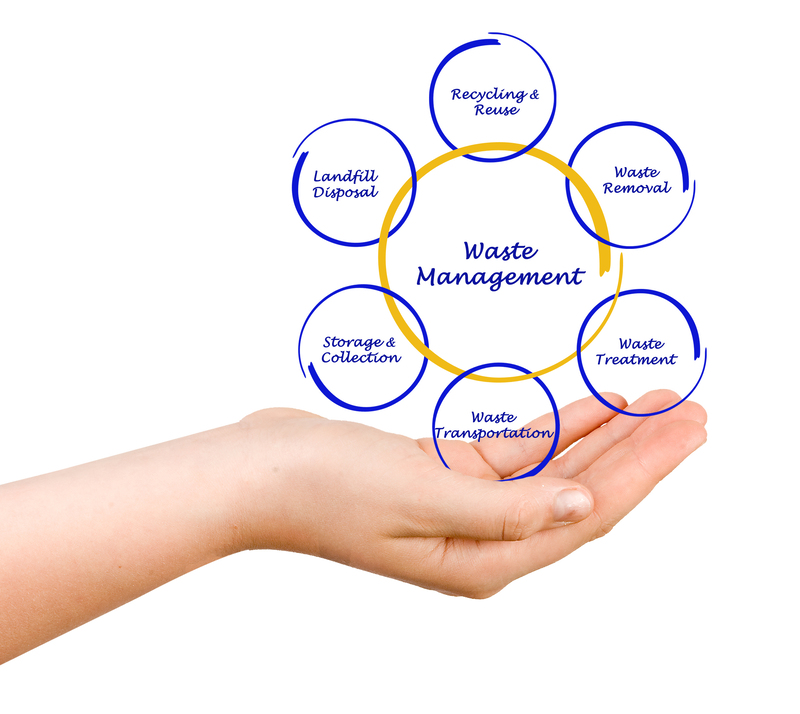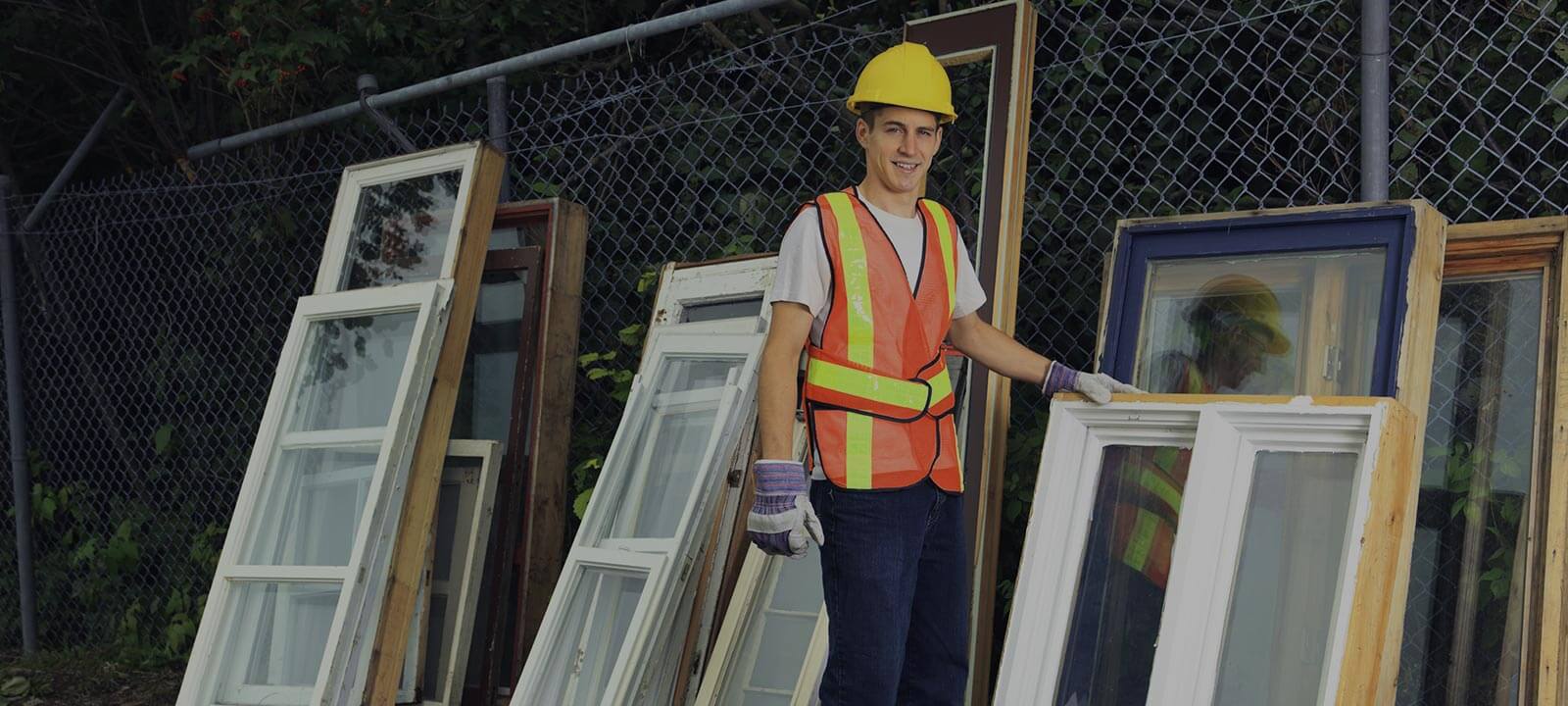Trashing Our Universe? Why We Must Remove Rubbish from Space
Posted on 03/05/2024
Space, the vast and uncharted expanse above us, has always fascinated and captivated humanity. It holds within its depths the secrets of our origins and the potential for our future. But in recent years, a new danger has emerged in this once pristine environment - space debris or rubbish. With millions of pieces of junk floating around in Earth's orbit, it is imperative that we take action to remove this threat and preserve the integrity of our universe. In this article, we will discuss the importance and urgency of cleaning up space debris, as well as the pros and cons of different methods being proposed.
The Problem with Space Debris:
Space debris refers to man-made objects orbiting around Earth that no longer serve any purpose. These objects can range from defunct satellites, spent rocket stages, to fragments from previous explosions or collisions. While individually these pieces may seem insignificant, collectively they pose a serious threat to not only current missions but also future space exploration.
The main issue with space debris is the potential for collision with active satellites or spacecraft. Even small fragments, traveling at high speeds, can cause catastrophic damage to vital equipment. This can disrupt communication networks, navigation systems and even endanger astronauts' lives. Furthermore, as more debris is created through collisions, it creates a domino effect making it increasingly difficult to maneuver safely in orbit.

The Urgency for Action:
The amount of space debris orbiting Earth is continuously growing. According to NASA's Orbital Debris Program Office, there are over 20,000 objects greater than 10 cm in size currently being tracked. And for every one large piece of debris, there are hundreds of thousands of smaller pieces that cannot be detected but still pose a significant risk.
If left unchecked, this could lead to a scenario known as Kessler Syndrome - where the amount of debris reaches a critical point, making it nearly impossible for any spacecraft to safely navigate in orbit. This would essentially render space unusable for future missions, severely hindering our ability to explore and understand our universe.
Proposed Methods for Space Debris Removal:
Various methods have been proposed to tackle the growing issue of space debris. These range from technologies designed to actively remove debris from orbit to preventative measures that aim to minimize the creation of more debris.
One approach is through the use of nets or harpoons to capture larger pieces of debris. Another idea is the deployment of small satellites equipped with ion thrusters that can divert the trajectory of smaller pieces of debris. However, these methods are currently still in the testing phase and may not be effective against all types of debris.
Another proposed solution is the use of lasers or high-powered beams to vaporize smaller fragments. While this method may be promising, it also has the potential for creating more debris if not executed precisely.
The Pros and Cons:
The pros of removing space debris are clear - it will reduce the risk of collisions and allow for safer space travel. It also opens up opportunities for future missions and advancements in technology. However, there are some cons that must be considered as well.
The main challenge is the cost and complexity involved in developing and implementing these technologies. It requires international cooperation and significant investments from governments and private companies alike. There are also concerns about who will take responsibility for cleaning up space debris, as many objects belong to different countries.

Tips and Takeaways:
While space debris removal may seem like a daunting task, there are steps we can take as individuals to contribute towards a cleaner universe. Simple actions such as properly disposing of electronic waste, limiting satellite launches, and designing satellites with end-of-life plans can all help reduce the amount of debris in orbit.
It is also important to stay informed and support organizations working towards cleaning up space debris. By advocating for stricter policies and regulations, we can ensure that space remains a safe environment for current and future missions.
Conclusion:
In conclusion, space debris is a pressing issue that must be addressed before it escalates into a crisis. The potential consequences of inaction far outweigh the challenges involved in cleaning up our universe. With the right technology, policies, and cooperation, we can remove this man-made threat and preserve the beauty and wonder of space for generations to come. Let us all do our part to ensure a cleaner and safer universe for the benefit of humanity.










